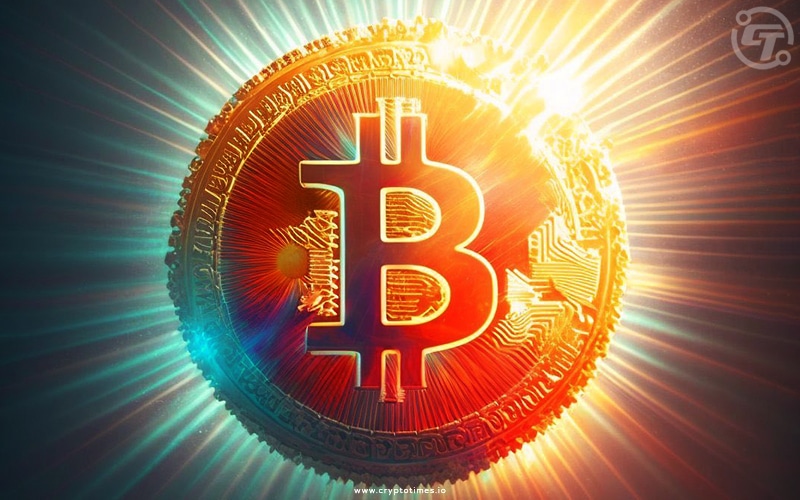The world is changing at a rapid pace, and the way we do business and exchange value is no exception. One of the most significant changes in recent years is the emergence of Bitcoin, a digital currency that is decentralized and operates on a peer-to-peer network. Bitcoin has the potential to revolutionize the world’s economy by decentralizing it and reducing the need for intermediaries such as banks and financial institutions.
What is Bitcoin?
Bitcoin is a digital currency created in 2009 by an unknown person or group under the pseudonym Satoshi Nakamoto. Unlike traditional currencies, Bitcoin is not controlled by any central authority, such as a government or a financial institution. Instead, it operates on a peer-to-peer network, allowing users to send and receive payments directly without the need for intermediaries.
This article will explore how Bitcoin is decentralizing the world Economy and if you are looking for an opportunity to join the bitcoin wave you can start trading it on crypto exchanges like Binance, Houbi or on websites like https://immediateconnect.org/.
How is Bitcoin decentralizing the world’s economy?
Bitcoin is decentralizing the world’s economy in several ways. Firstly, it allows for borderless transactions, enabling people to send and receive money from anywhere in the world without the need for intermediaries such as banks or payment processors. This makes it easier and cheaper for people to do business globally, regardless of where they are located.
Secondly, Bitcoin is decentralized, which means that no single entity controls it. This reduces the risk of corruption, as there is no central authority that can manipulate the currency or its value. Bitcoin operates on a public ledger called the blockchain, which is maintained by a network of computers around the world. Every transaction that takes place on the network is recorded on the blockchain, making it transparent and immutable.
Thirdly, Bitcoin is disrupting traditional financial institutions by providing an alternative to the current banking system. Bitcoin users can store and transfer their wealth without the need for a bank account, which is particularly beneficial for those who live in countries with unstable or corrupt financial systems. This also allows for financial inclusion, as anyone with a smartphone or internet connection can participate in the Bitcoin network.
What challenges does Bitcoin face for it?
Despite its potential to revolutionize the world’s economy, Bitcoin faces several challenges. One of the most significant challenges is the perception that Bitcoin is used primarily for illicit activities, such as money laundering and drug trafficking. While it is true that Bitcoin has been used for these purposes, the vast majority of Bitcoin transactions are legitimate.
Another challenge is the volatility of Bitcoin’s value. Because it is not backed by any physical commodity or government, its value can fluctuate wildly in short periods. This can make it difficult for businesses and individuals to use Bitcoin as a reliable store of value or medium of exchange.
Lastly, Bitcoin’s scalability is also a concern. As more people use the network, the number of transactions that can be processed at once is limited by the size of each block in the blockchain. This has led to delays and high transaction fees during periods of high network usage.
Also Read: Bitcoin Price Prediction 2023: Will Prices Surge or Slump?
Conclusion:
Despite these challenges, Bitcoin’s potential to decentralize the world’s economy is significant. It has already disrupted traditional financial institutions and enabled financial inclusion for millions of people around the world. As the technology behind Bitcoin continues to evolve and mature, it is likely that we will see more innovative use cases emerge, further decentralizing the world’s economy.






